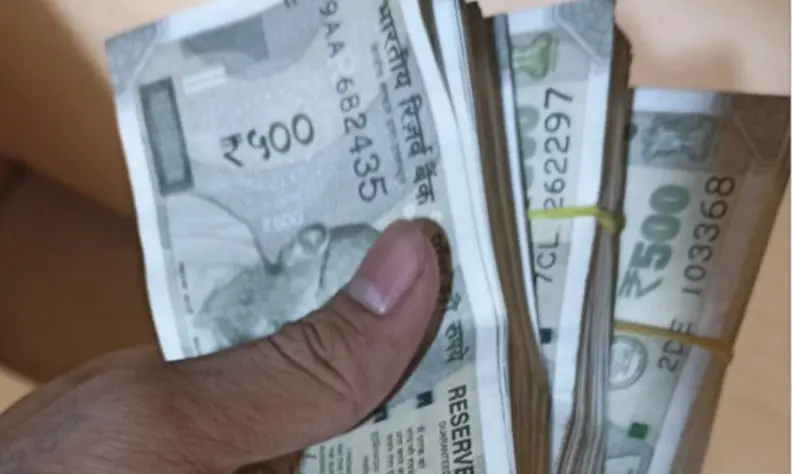If you’re into investing, especially in the stock market, you’ve probably heard of dividends. Simply put, dividends are payments made by a company to its shareholders as a reward for investing in their stock.
Companies usually offer these dividends when they make a profit, and it’s a way to keep investors interested and engaged. However, it’s worth noting that dividends can still be distributed even if a company is facing losses, as they might want to maintain investor confidence during tough times.
How Dividends Work
Dividends aren’t handed out randomly; they follow a specific process. First, a company proposes a dividend in a board meeting, which then needs approval. Along with this proposal, they announce important dates like the ex-date and record date.
The ex-date is crucial because it marks the last day you can buy shares and still be eligible for the upcoming dividend. For instance, if the ex-date is set for January 10th, buying shares on that day or later means you’ll miss out on that dividend. The record date is when the company checks which shareholders are officially holding their shares.
Why Companies Offer Dividends
Dividends are not just beneficial for investors; they also serve a strategic purpose for companies. By issuing dividends, companies can build trust and loyalty with their shareholders, creating a more appealing environment for buying their shares. Sometimes, companies might choose to distribute dividends as a way to stabilize their stock prices or attract new investors.
For example, Vedanta Limited, an Indian mining company, has consistently provided dividends over 30 times, often exceeding a total annual dividend of 35%.
Other notable companies in this arena include Indian Oil Corporation, Bharat Petroleum Corporation, Coal India, and Chennai Petroleum Corporation, all of which are known for their strong dividend payments.





